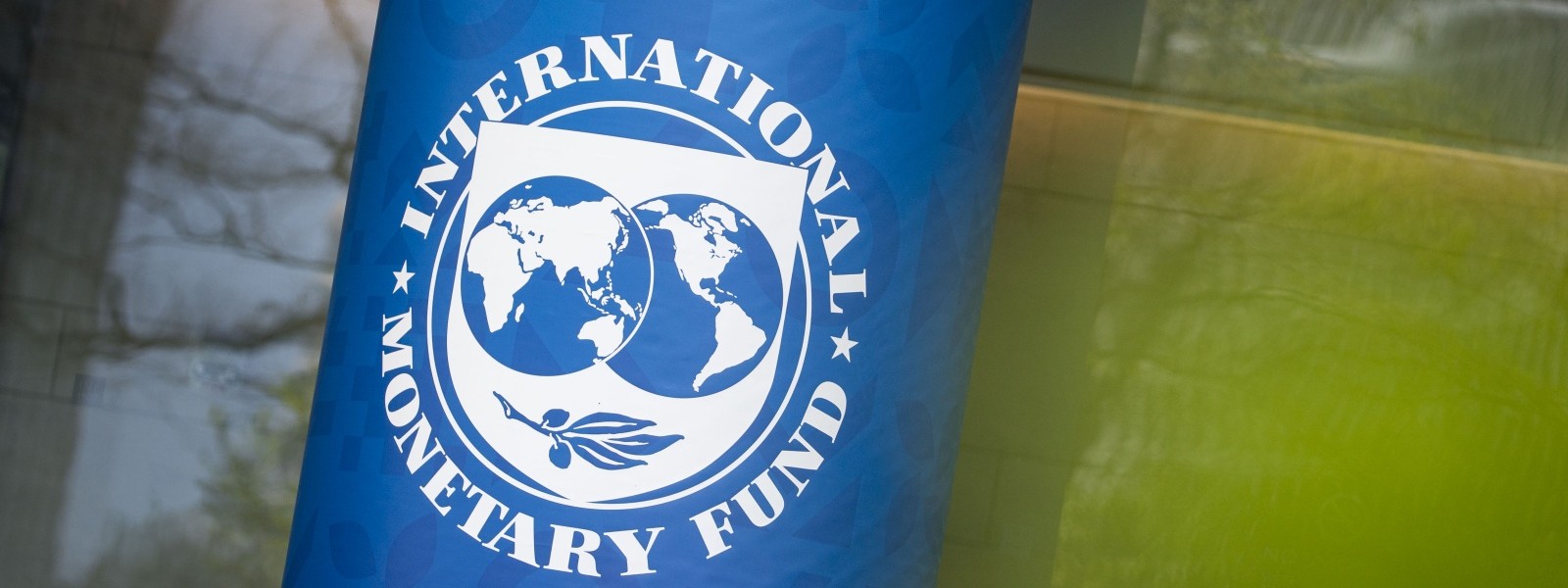.webp)

IMF Sees Hope for Sri Lanka—but Warns of Storms Ahead
COLOMBO (News 1st); The International Monetary Fund (IMF) has released its latest staff report on Sri Lanka, offering a cautiously optimistic view of the country’s economic trajectory for 2025. While the baseline scenario reflects a steady recovery, the report underscores the fragility of progress in the face of potential global trade disruptions.
According to the IMF, Sri Lanka’s economic outlook under current conditions is positive.
The government has responded proactively to recent tariff developments, particularly the imposition of a 10 percent baseline tariff on exports to the United States. Negotiations with the U.S. administration are ongoing, and the IMF’s macroeconomic framework assumes this tariff will remain in place.
Despite the tariff, the impact on Sri Lanka’s economy is expected to be modest. The IMF characterizes the effect as a small global income shock, with only marginal implications for net exports. The current account is projected to remain resilient, buoyed by a robust rebound in tourism and remittances. Lower oil prices and reduced intermediate imports are expected to offset the decline in U.S.-bound exports.
In light of these dynamics, Sri Lanka’s growth forecast was revised for 2025 upward to 3.5 percent, compared to 3 percent in its previous review. This improvement is attributed to strong performance in tourism, manufacturing, construction, and a recovery in domestic consumption. Inflation is also expected to ease, with the average rate for 2025 revised down to 3.3 percent, reflecting lower energy costs and a stronger-than-anticipated exchange rate.
The current account balance is projected to deteriorate only slightly, as the higher trade deficit is largely offset by increased inflows from tourism and remittances. However, the IMF cautions that this favorable outlook is contingent on the absence of further trade shocks.
The report warns that any escalation in trade tensions could significantly disrupt Sri Lanka’s recovery. A reinstatement of the previously announced 44 percent reciprocal tariff on exports to the U.S., coupled with reduced tariffs for competing countries, would severely undermine Sri Lanka’s export competitiveness. The garment sector, which operates on thin profit margins, is particularly vulnerable.
Under such a scenario, exports could decline by up to 3 percentage points of GDP, driven by reduced external demand and trade diversion.
The IMF notes that some exporters may consider relocating or expanding operations abroad, further weakening domestic output. While lower exports would be partially offset by reduced demand for imported inputs and favorable commodity prices, the overall impact would be negative.
Real GDP could fall by 0.25 to 1.5 percent relative to the baseline, with spillover effects across multiple sectors. Business investment would likely contract amid heightened uncertainty, and unemployment could rise sharply. Public pressure for economic support could slow reform momentum and increase the risk of underperformance in the IMF-supported program.
The IMF also highlights the broader risks to Sri Lanka’s economic program, noting that if downside risks materialize, achieving program targets would be more challenging.
A significant trade shock would reduce merchandise export receipts, slowing the accumulation of foreign reserves and potentially creating external financing gaps. Lower global growth would compound these effects by reducing remittances and tourism revenue.
Fiscal revenues would decline both directly—through reduced corporate income tax from exporters—and indirectly, as weaker growth dampens overall revenue buoyancy. At the same time, government spending pressures would rise, particularly to support affected workers and sectors. A persistent widening of the primary deficit could threaten debt sustainability.
Increased global risk aversion could further complicate matters by raising financing costs, deterring foreign investment, and delaying Sri Lanka’s return to international capital markets.
Despite these risks, the IMF commends Sri Lankan authorities for their commitment to reform and their readiness to respond to emerging challenges.
The IMF notes that while Sri Lanka’s economic recovery is underway, it remains vulnerable to external shocks. Continued vigilance, reform discipline, and strategic policy responses will be essential to sustain momentum and safeguard macroeconomic stability.
Other Articles
Featured News





.png )
-797375_550x300.jpg)
-797369_550x300.jpg)
-797363_550x300.jpg)
-797357_550x300.jpg)
-797345_550x300.jpg)





-797273_550x300.jpg)



















.gif)